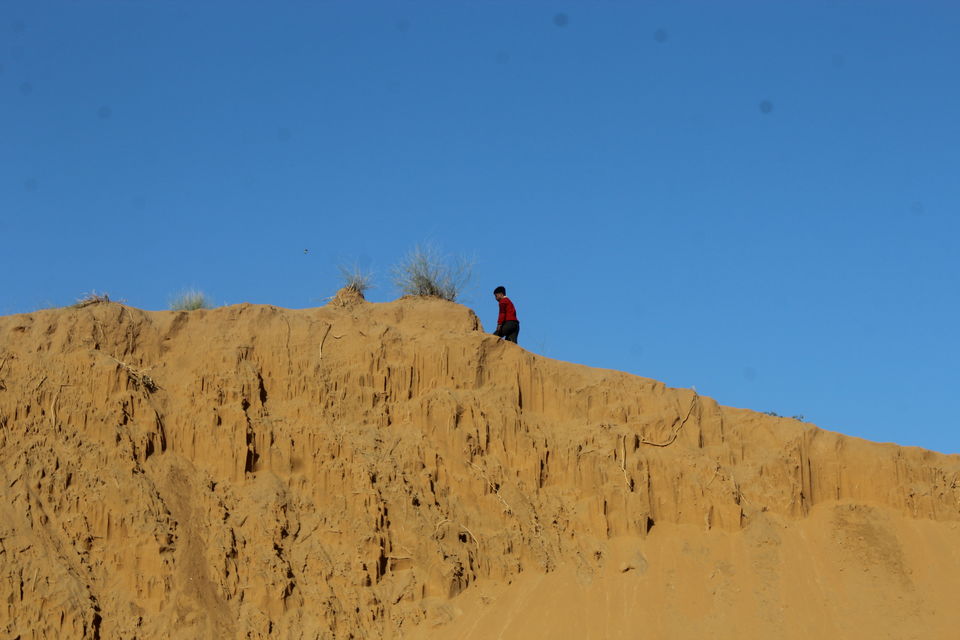
I spent a few days with The Jogiya Tribe documenting their days. It was really interesting, they had setup their tents pretty close to sand dunes and hence the sunrise and sunset were absolute beauty, the clear sky with millions of stars forming multiple patterns always caught my attention. Also, I was privileged to inhale fresh air (I have written this because I live in Delhi, India, one of the most polluted cities in the world)
Anyway, in spite of, being so close to a mainstream society, where people enjoy the benefits of Government Schemes and Policies, the Jogiya tribe is unaccepted and deprived of their fundamental rights.
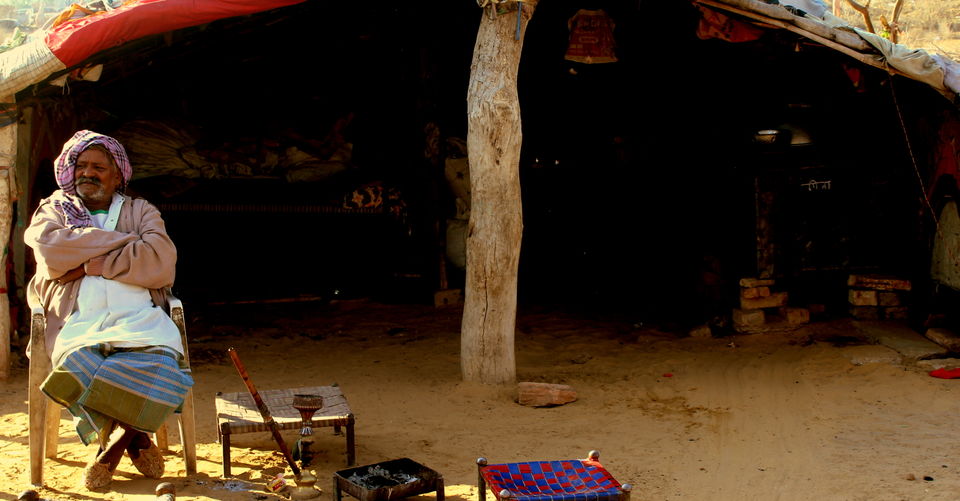
In March 2017, I first met Badrinath (62), mukhiya of The Jogiya tribe residing in the outskirts of, Agersen nagar, a well settled colony of Educated, civilized and well earning group of people. He has 3 daughters, all married and all of them, along with their husband and children, live with Badrinath. I spend couple of days with the tribe to understand their lifestyle and that is when I was exposed to the daily challenges they face.
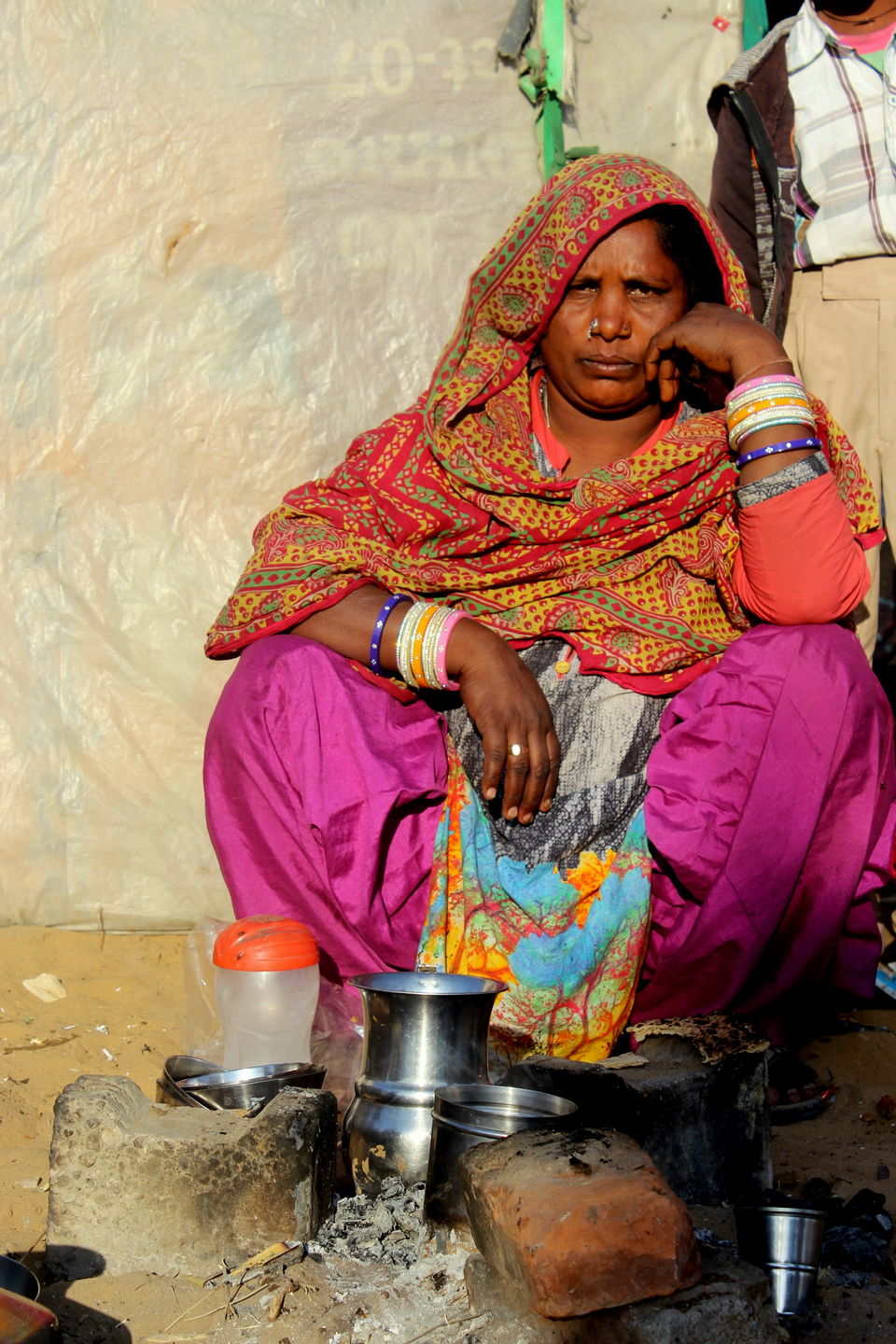
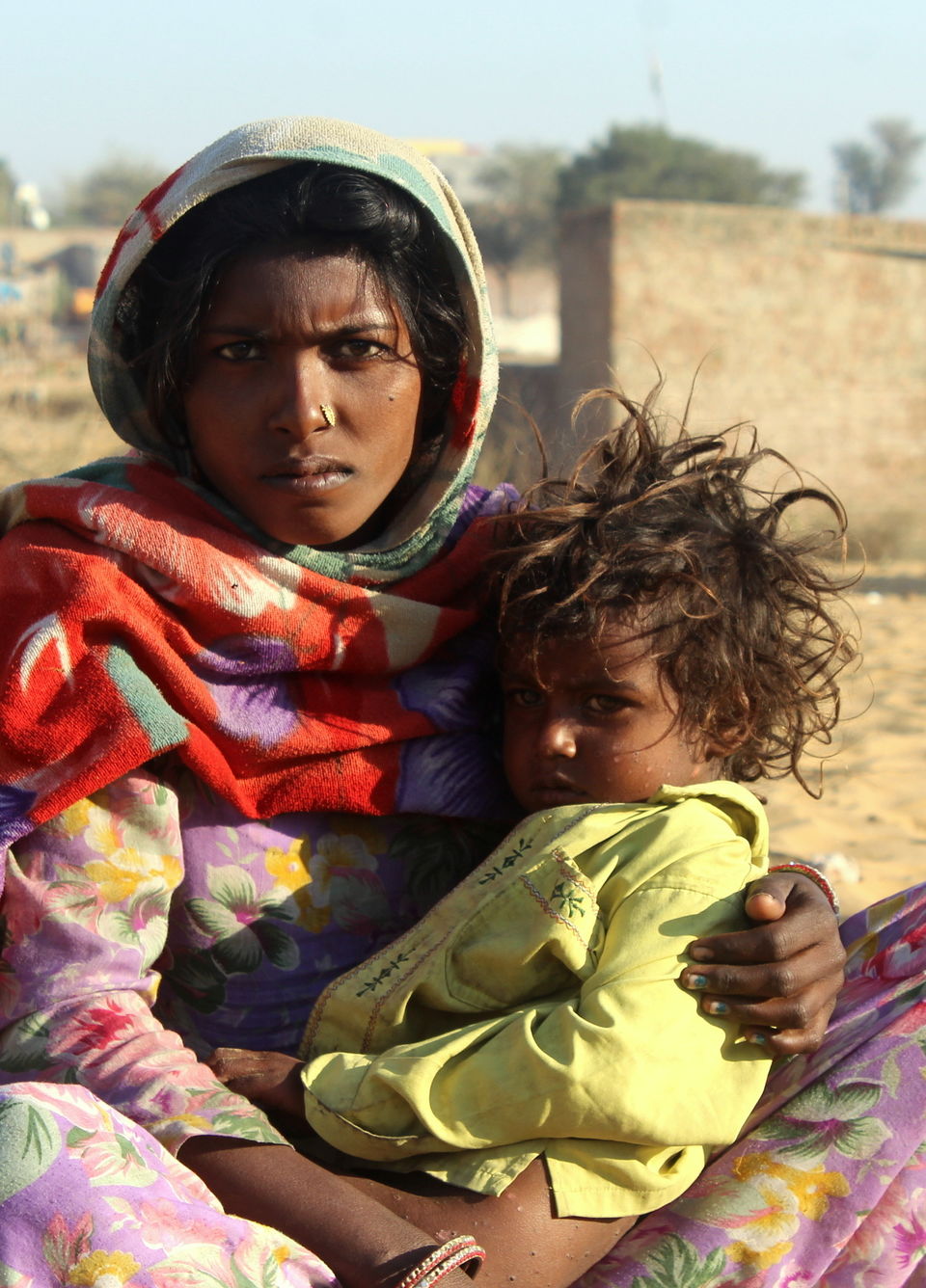
For women, the absence of basic facilities like toilets puts their safety at risk and leads to many health issues. Their day begins hours before the sunrise, as they move out of their camps in the dark with a bottle of water and walk for couple of miles to find an open space to defecate. During the day they hold their bladder for hours and desperately wait for the evening to provide them cover, as they could venture into the fields again.
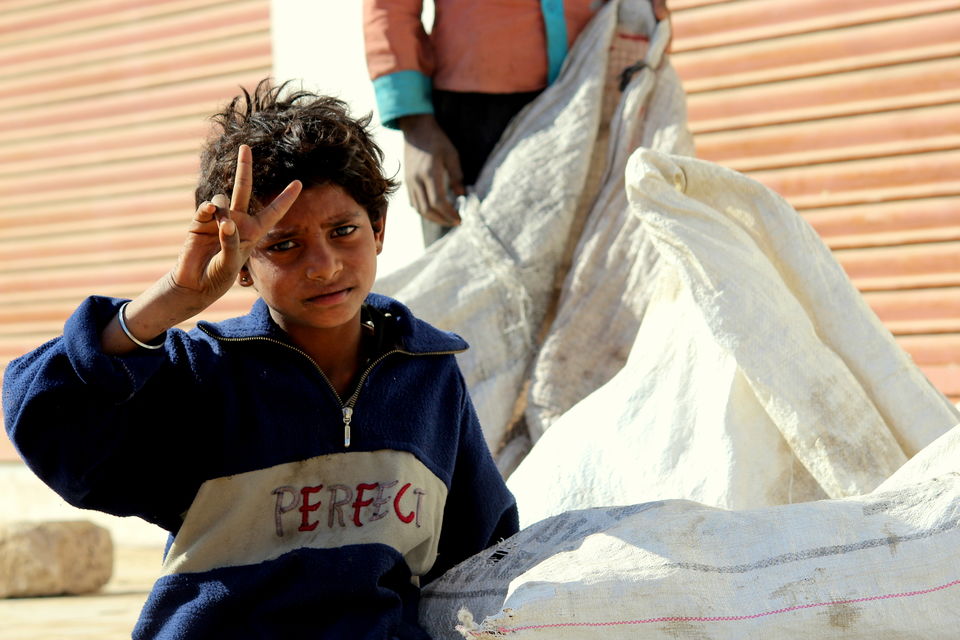
For children, responsibilities rather than absence of facilities are causing a greater harm. They start working from a minor age of 12-14, when, according to RTE, they are supposed to be in school for a better future. The children start roaming on the streets with a sack on their back to collect recyclable garbage or anything that would give money in return, even begging on the roads. Manoj (12), shared his interest in books while picking up an empty bottle of Bisleri.
There have been many commissions and committees constituted to address the issues of nomadic tribes and have made several recommendations earlier as well, but the impact in the lives of beneficiaries seems insignificant. Nomadic tribes are still surviving with temporary settlement, low income, with absence of basic facilities such as toilets, deprived of education, health services and many other government supports. And the family of Badrinath is just one, among several other families of same or different nomadic tribes, with total number of 60 Million.

